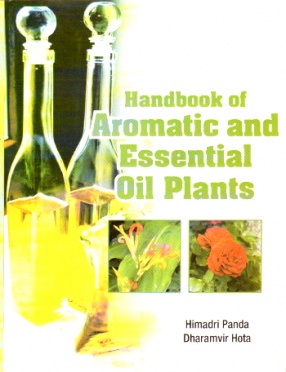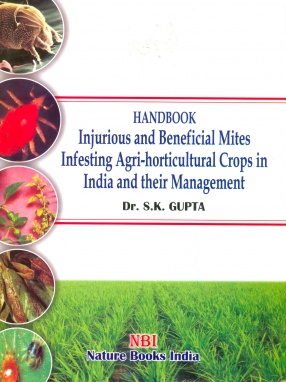Transgenic crops, the main products of agricultural biotechnology, are increasingly becoming a dominant feature of the agricultural landscapes. The proponents of biotechnology argue that carefully planned introduction of these crops could reduce or even eliminate the enormous crop losses due to weeds, insect pests, and pathogens. They argue that the use of such crops will have added beneficial effects on the environment by significantly reducing the use of agrochemicals. However, ecological theory predicts that as long as transgenic crops follow closely the pesticide paradigm prevalent in modern agriculture, such biotechnological products will do nothing but reinforce the pesticide treadmill in agroecosystems, thus legitimizing the concerns that many environmentalists and some scientists have expressed regarding the possible environmental risks of genetically engineered organisms. This book provides a comprehensive ecological assessment of crop biotechnology. The potential benefits and risk of genetically modified crops are addressed in detail. The book in unique, concise and up-to-date-resource, which offer students and researchers an innovative and valuable presentation of the subject.

Ecological Assessment of Crop Biotechnology
In stock
Free & Quick Delivery Worldwide
reviews
Bibliographic information
Title
Ecological Assessment of Crop Biotechnology
Author
Edition
1st ed.
Publisher
ISBN
8189729179
Length
viii+264p., Figures; Bibliography; Index; 23cm.
Subjects



There are no reviews yet.